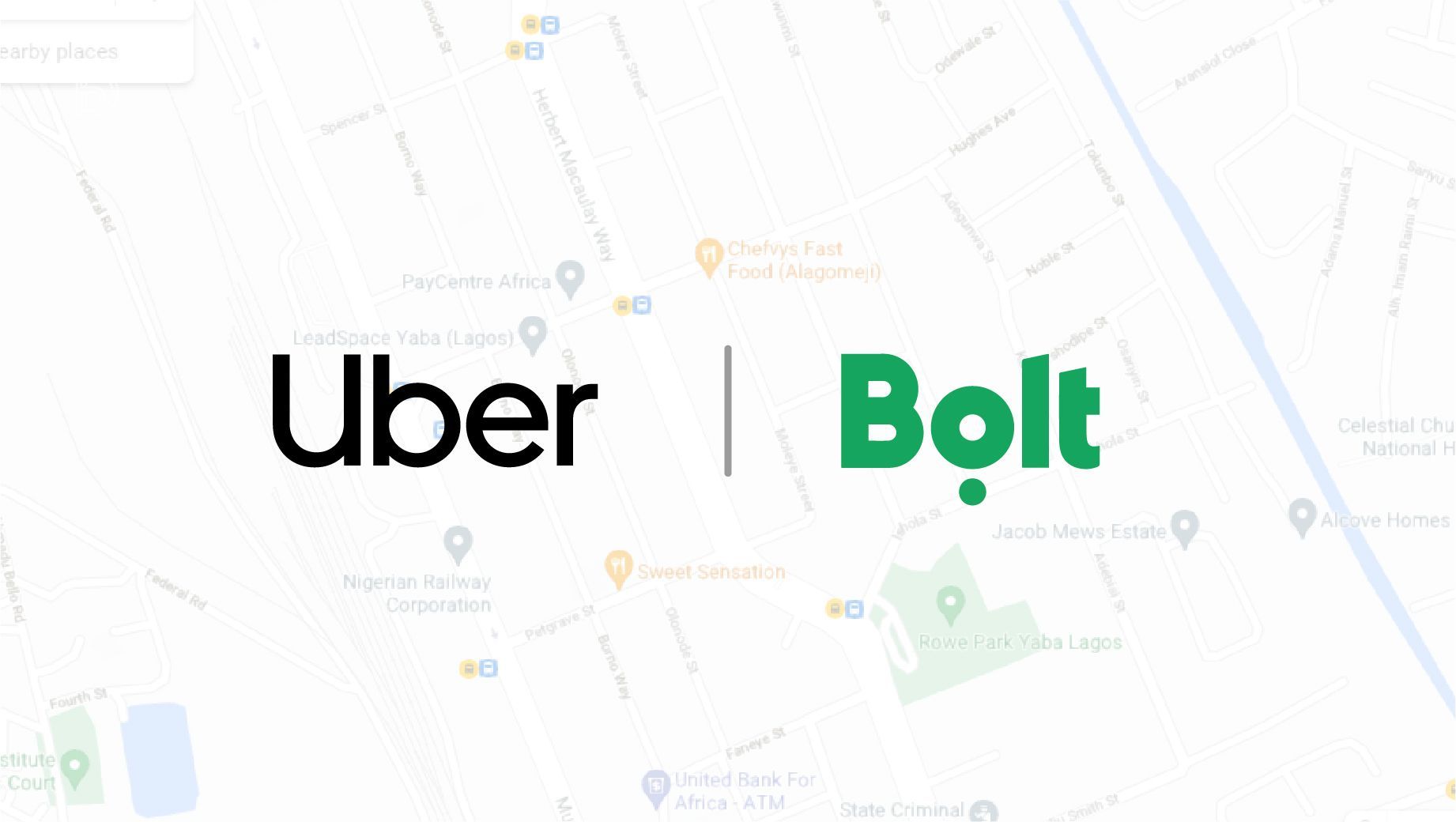Ride-hailing apps Uber and Bolt have argued that their Kenyan operations may be unsustainable if the country’s parliament approves the 6% Significant Economic Presence Tax (SEP) proposed in the Finance Bill 2024.
“By introducing the 6% Significant Economic Presence Tax, the effective rate for a non-resident in the digital market space will be 22% on gross turnover without taking into consideration the operating costs,” George Abasy, Bolt’s public policy manager, told a parliamentary committee on finance and planning.
Celia Kuria, Bolt’s tax manager, told parliament that the tax reviews would push earnings from taxi rides that cost less than KES500 to a net loss. The apps, used by urban and peri-urban dwellers, mostly cover short trips.
The Finance Bill 2024 has proposed a 6% SEP tax on gross turnover for all non-resident companies, which the two digital taxi firms told parliament will hike their operational costs. Appearing before a parliamentary committee on Wednesday, representatives from Uber, a US-based company, and Bolt, an Estonian ride app, warned that SEP pushed out foreign firms in Nigeria and will do the same in Kenya.
The industry experts warned that increased taxation could eat into their razor-thin margins and drivers’ earnings, leading to a total collapse which could trigger mass job losses in an economy already battling high unemployment rates.
Uber urged the National Assembly to reject the proposals by the National Treasury. President William Ruto’s administration’s push to raise more revenue from new taxes to repay the country’s debt and fund lofty campaign promises like affordable housing.
“SEP, as proposed, does not indicate how a non-resident person will be deemed to have created a significant economic presence in Kenya therefore becoming liable to tax in Kenya,” Chizeba Nnonyeh, Uber tax manager, told lawmakers.
Other industry associations like the Kenya Association of Manufacturers (KAM) have also jumped into the debate, urging the country’s legislature to reconsider the tax proposals including SEP, eco-tax, VAT on banking fees, and higher excise duty on several goods and services.




















